Nomination Statement for H. Franklin Percival, recipient of the Florida Chapter of The Wildlife Society’s 2017 Herbert W. Kale, II Award
Dr. H. Franklin Percival, Courtesy Associate Professor, UF Wildlife Ecology and Conservation, has a BS from the University of South Carolina and MS and PhD from Clemson University. He began his career with the US Fish and Wildlife Service in 1973 in Washington, DC and was Chief, Migratory Game Bird Section, at Patuxent Wildlife Research Center 1976-81. He was Assistant Unit Leader and then Unit Leader, USGS Florida Cooperative Fish and Wildlife Research Unit, from 1981 until his retirement January 2015. He worked on many Florida issues but alligators and use of small unmanned aircraft for conservation were a mainstay for many years. He worked on shorebirds, salt marsh voles, and marsh ecology in the Cedar Keys. He has a special interest in administration within the wildlife profession and champions multi-disciplinary and interagency research programs. Franklin has a passion for science, people and the natural environment. Among his many accomplishments, Franklin published over 65 scientific papers and 5 book chapters. He mentored 12 PhD students, 17 Master’s students, and countless young biologists and technicians.
Dr. Percival has the unique ability to bring people together. He advocates for students and for quality research in the natural environment. Franklin has been able to coordinate countless projects by bringing the right people on board from agencies and universities, and then pairing them with bright, young wildlife students or early professionals. He also understands the complexities of conducting work in the university, state, and federal systems, and teaches his students how to navigate the administrative side of the natural resource profession. Franklin has brought a multidimensional and multi-disciplinary approach to Florida’s environmental and wildlife conservation issues, and Florida's natural resources are in a better place because of the work he has done. Due to Franklin’s mentorship, many of his students have gone on to leadership positions with state and federal agencies, NGOs, and the private sector. His legacy will be felt for years to come in the research, conservation, and management communities.

